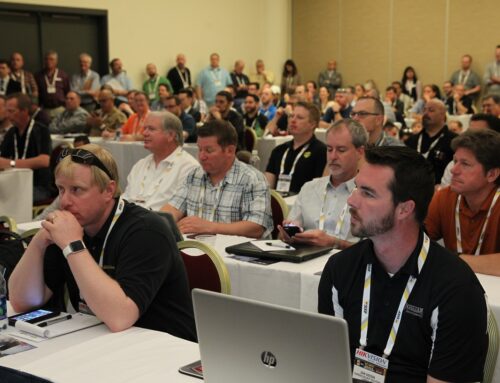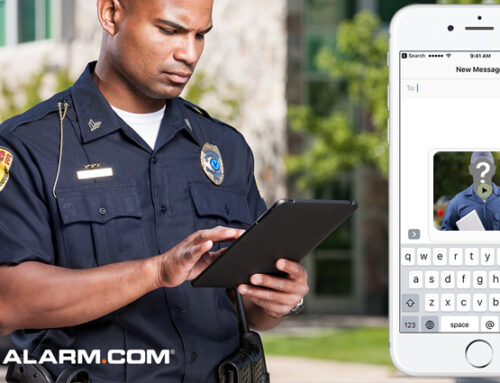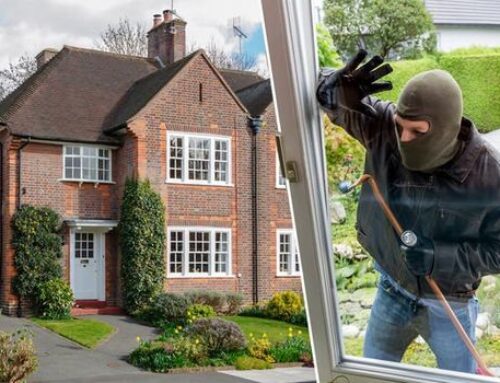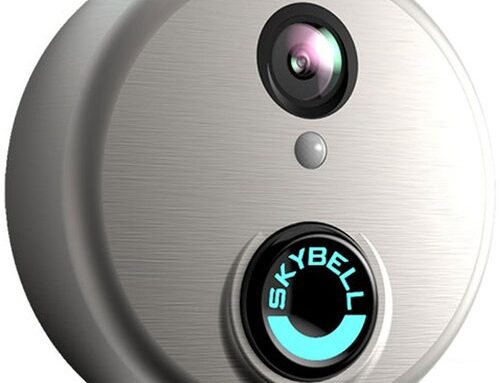Buying a home security camera is a big decision. After all, there are very few things more important than safety. Unfortunately, the industry is also a bit untamed. Here are common mistakes you should try to avoid.

1. Going cheap: Making a decision based upon price isn’t always advisable when it comes to home security. While the less expensive cameras may look the same as their more expensive brethren, they are often more difficult to set up, use, and include inferior software.
2. No night vision: This may seem obvious but it is astonishing how many readers forget to check for this feature before buying a home security camera. For most purposes, having night vision will be critical to allow your security camera to record proper footage at night. Look for cameras that provide bright and clear night vision.

3. Ignoring the subscription fee: Some companies try to sell a cheaper security camera upfront but require you to pay a hefty ongoing subscription fee for otherwise basic features. Always include the subscription fee when evaluating how expensive the security camera is.
4. Not questioning security and privacy: Those in the know, know that security is the biggest controversy in the connected home. And when it comes to security, not all security cameras are created equal.
5. Falling for the new and shiny: It’s happened to the best of us, security cameras are increasingly high tech and new companies are popping up monthly. Before falling for the latest and greatest, dig deeper into the company behind the camera.
6. Not planning for the future: Investing in a good camera solution can easily set you back a couple hundred dollars. While you may find a solution that meets your needs today, don’t forget to investigate if the same camera will meet your future needs. For example, can you add an outdoor camera or even another indoor camera to protect your home if you move into a larger property? What if you decide to expand into smart home products? Will your camera work with other smart devices?
7. Assuming specs are specs: Comparing hardware specs will not help you select the best performing camera. Resolution, for example, is not the only determining factor that affects video quality. The quality of the picture can be greatly impacted by wide dynamic range, the camera’s frame rate, and the amount of IR LEDs, which will impact the camera’s ability to record at night.

8. Not working through the worst case scenario: When shopping for a camera, it’s easy to get caught up in the allure of marketing. Sure, free clip storage sounds great, but what if a clip is only 15 seconds long? Is that really sufficient video evidence? And 24 hour continuous recording sounds phenomenal, but what happens when you need to sift through 24 hours of footage in order to find one crucial moment? It’s painstaking. When buying a camera, don’t forget that the purpose is to protect your home and to provide evidence to the authorities if ever, heaven forbid, evidence is needed.
***Shared from Janet Miller of Huffington Post










